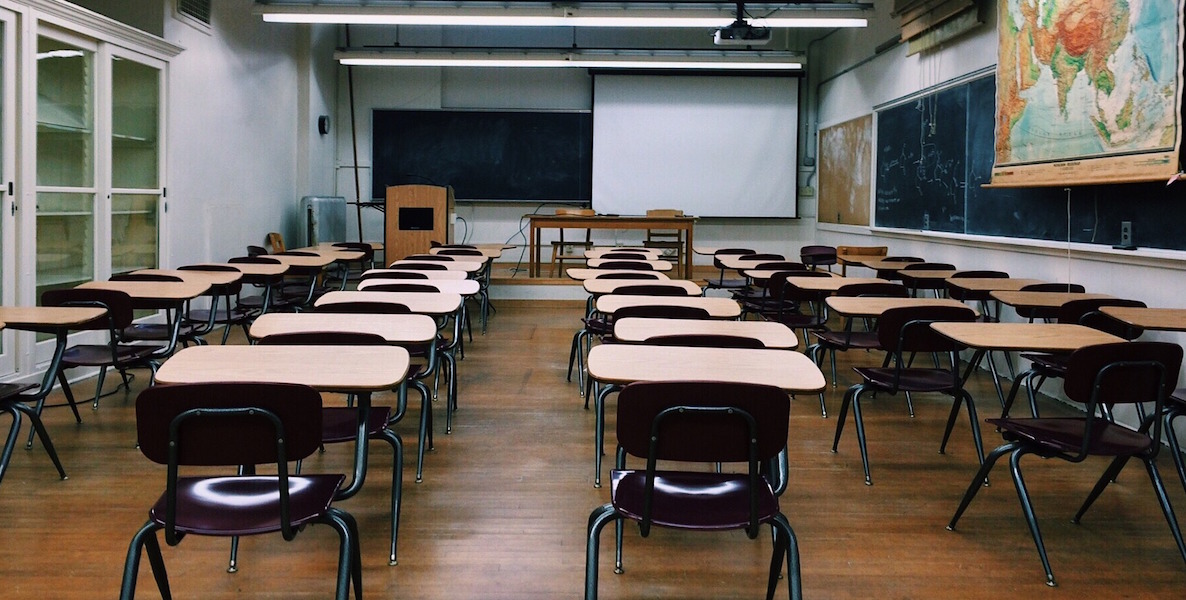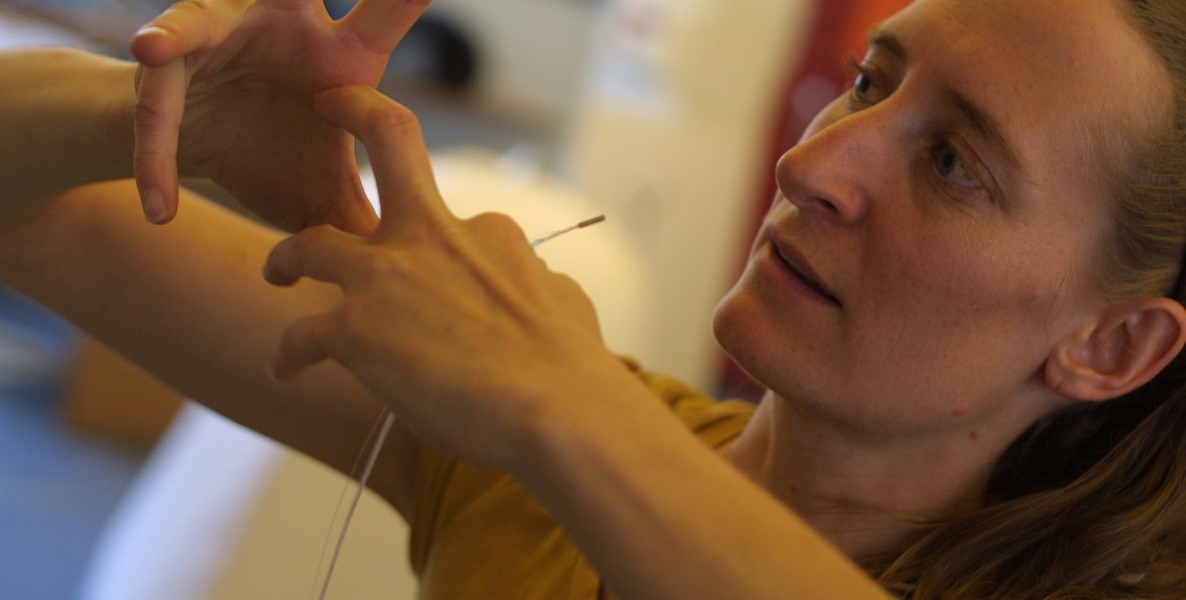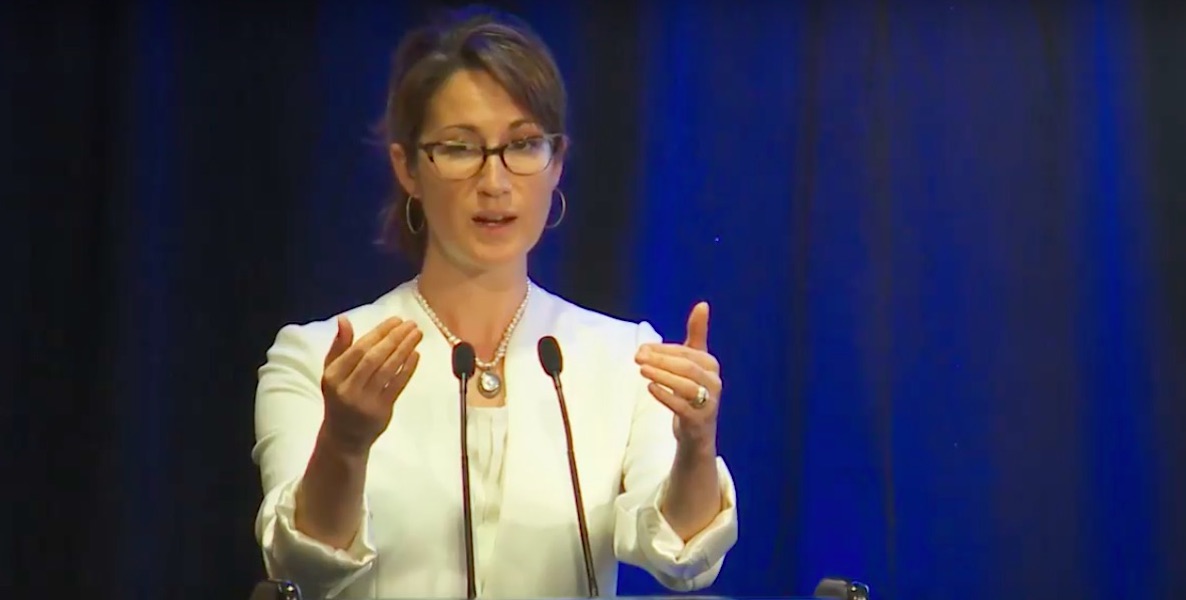How do students learn? This is the question that hangs over everything that happens in the classroom, and that scientists have been studying in their labs for years. But until recently, the laboratory research wasn’t actually making its way to the people who need it most: Classroom teachers.
That’s what Melina Uncapher, a University of California-San Francisco neuroscientist, is doing with her Institute for Applied Neuroscience, and what she plans to discuss Tuesday as part of Drexel ExCITe’s Learning Innovations series.
Be Part of the Solution
Become a Citizen member.Uncapher has spent last the 17 years studying how people learn and remember, research she has deployed as a fellow for the MacArthur Foundation to criminal justice—specifically, the reliability of eyewitness testimony. More recently, she has started to apply her research to the field of education, through a nonprofit she started that takes her around the world to talk with teachers about what she has learned herself in her neuroscience lab.
![]() The field of learning science has been around for the last century, but the brain science of learning is only a few decades old. Uncapher’s work joins cognitive science, which looks at how we pay attention; social and emotional sciences, which look at how other factors in our bodies create conditions for learning; and teachers themselves. That last piece—what teachers know from their work—is often left out of academic discussions. “There’s often not a lot of bi-directional dialogue in science,” Uncapher says. “We need to recognize the wisdom of the practicioner. They study the way people learn everyday. We as the scientists need to respect and understand that, and learn from them.”
The field of learning science has been around for the last century, but the brain science of learning is only a few decades old. Uncapher’s work joins cognitive science, which looks at how we pay attention; social and emotional sciences, which look at how other factors in our bodies create conditions for learning; and teachers themselves. That last piece—what teachers know from their work—is often left out of academic discussions. “There’s often not a lot of bi-directional dialogue in science,” Uncapher says. “We need to recognize the wisdom of the practicioner. They study the way people learn everyday. We as the scientists need to respect and understand that, and learn from them.”
Uncapher’s work is part of her effort to make science understandable, and usable, by the public, something much needed these days. Her research involves using MRIs to look at the parts of the brain that are working as her undergrad subjects see pictures, and then are later asked to remember them. That has translated to her work with lawyers and the courts on how people remember incidents they have witnessed. In the last couple years, she has worked with thousands of teachers, who have used her studies to improve student outcomes.
![]() “Any scientific discipline that’s made a difference in real-world problems, it hasn’t been scientists who have done that,” Uncapher says. “It’s the engineers who have translated that to fix a problem. I’m trying to advance the concept of learning engineering: How do we take principles of science of learning, the process of engineering and practice of teaching to improve how students learn?”
“Any scientific discipline that’s made a difference in real-world problems, it hasn’t been scientists who have done that,” Uncapher says. “It’s the engineers who have translated that to fix a problem. I’m trying to advance the concept of learning engineering: How do we take principles of science of learning, the process of engineering and practice of teaching to improve how students learn?”
Tuesday January 30, 6 p.m.-8 p.m., Free, Drexel University’s ExCITe Center, 20 S. 33rd Street. Register here.






